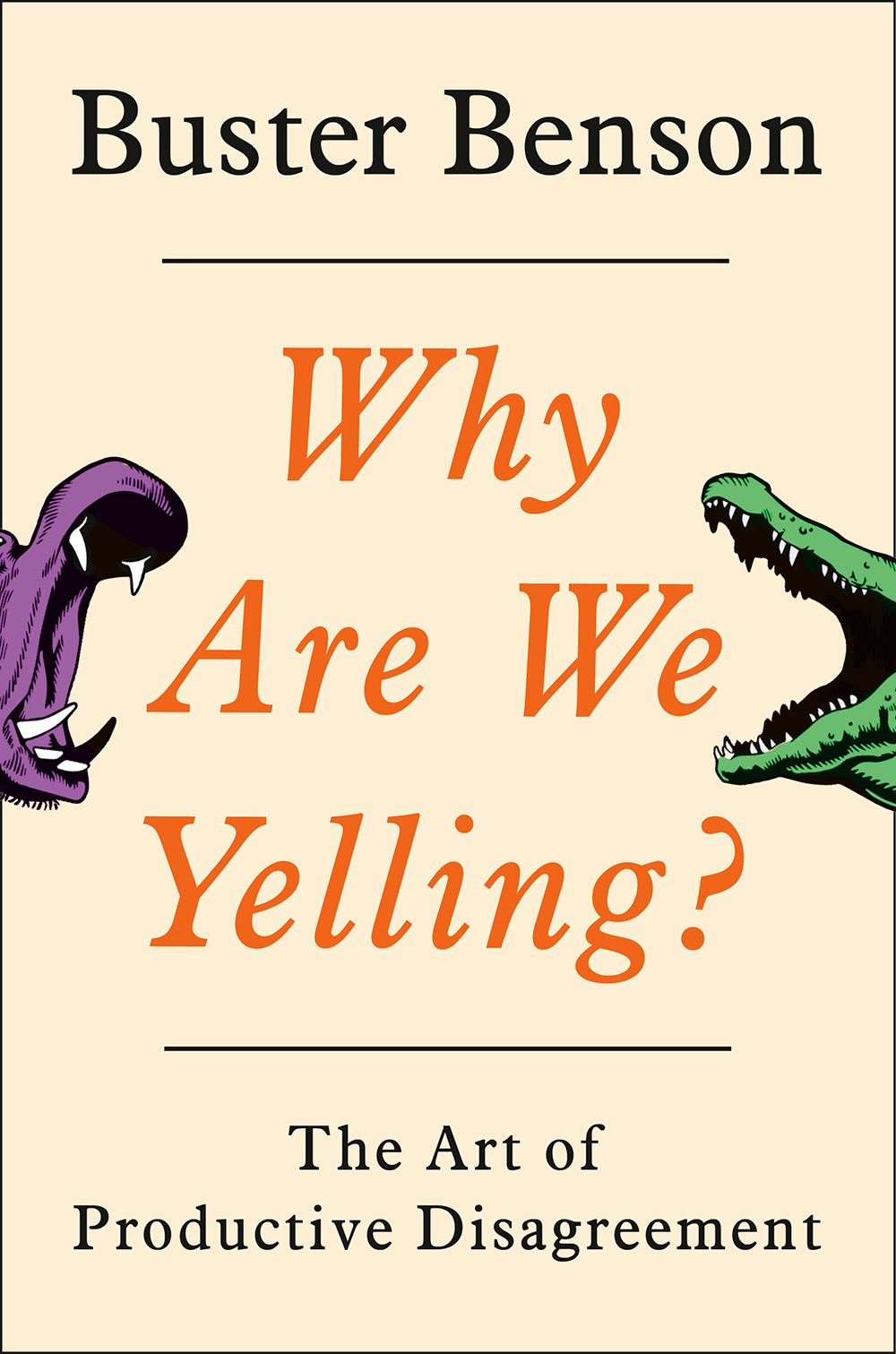The concept of a person
The most important interface ever developed.
“The concept of a person is arguably the most important interface ever developed.” — a key line in an amazing post by Kevin Simler about etiquette and design.
What is the concept of a person?
Until reading the sentence above by Kevin, I wasn’t even aware of the fact that “the concept of a person” was a thing, much less an interface, and of course I had never considered that it might be the most important interface. But as soon as I read it, it resonated with me — it felt true, or at least it felt worthy of further consideration. It seemed important, too. Truth is, I haven’t been able to stop thinking about it for the last few weeks.
Rather than attempt to dissect the whole thought at once, I broke it up into pieces. Are concepts interfaces? How do interfaces become important? How is the concept of a person different from other concepts?
Are concepts interfaces?
Let’s take the concept of a car. Q. What is a car? A. Well, it’s a large mechanical structure about the size of an elephant, with wheels, that people can get in and which one person drives in order to transport people and things from place to place. The concept of a car is basically a manual that surfaces the most relevant information to an assumed audience/user of the concept. In that sense, yes, a concept is an interface: it tell us how to interact with it both by including it in other concepts and by acting on it.
The concept described above is tailored to people who are new to cars. There is actually a web of car-concepts/interfaces, nested within one another, that can shift based on the direction you look at it and the kind of person who is doing the looking.
How to think of a car. How to drive a car. How to build a car. Each of these concepts increases in detail as the audience is required to know more in order to master the concept.
How to be a safe driver. How to drive in a way that maximizes the longevity of your car. How to fix a car. These concepts are more about how optimize the driving / ownership of a car so that both you and the car avoid damage.
Each of these concepts comes with an oversimplification of the physical, mechanical object that they are related to. You don’t need to know about how engines work, or combustion, or the physics of momentum, or even all the things that you don’t even know you don’t need to know about. A car (to us) is not a bundle of wires, metal, rubber, and gears… it’s something you hire in order to get a job done. It is the interface.
Q. Does this all apply to the concept of a person too?
How to think of a person. How to be in a relationship with a person. How to create a new person. How to be safe. How to live in a way that increases your likelihood of a long life. How to recover from illness and injury.
A. Yes.
And the twist that makes the concept of a person more important than most concepts is that it also provides the framework for how we understand ourselves.
How do concepts and interfaces become important?
If we didn’t have a concept of a person, we wouldn’t have a concept of the self (which seems pretty important).
Greatest benefit: because we have a “concept of a person”, we are able to interact with our own minds and bodies without having to understand everything about how or brains and bodies work. We can have relationships with other people without having to know everything about them, and we can find ways to live healthier, longer, and more happily without knowing exactly why everything works the way it does.
Seems like a fairly important achievement of our brains to come up with an interface to understand ourselves, and learn more about ourselves, despite very limited amounts of information. This mental model can be formed before we even have words to describe the concepts and interfaces that they enable.
How is the concept of a person different from other concepts?
All concepts and interfaces are designed for a specific audience, and in the case of the concept of a person, our primary audience is ourselves. We use our own understanding of how our brains work, how we optimize our success in the world, etc to not only function on a daily basis (pretty important) but also since it is a person that is having these concepts and action on them, we use this concept as a foundation to build all of our other concepts on top of (also important). For example, in order to know how to drive a car, we also need to build in considerations for the people who are driving, their abilities, their blind spots, etc. And when we ourselves are learning how to drive a car, we use the same models to estimate our own abilities, or own fears, our own strengths.
When does our concept change?
A concept is just a best guess mental model built from limited information. Therefore, it is bound to need correction as new information comes in. But because this concept is so foundational and intertwined with our other concepts, it tends to prefer to remain static.
What often happens is that stale parts of the concept (ie. “people who don’t like The Cure are idiots”, something I strongly believed in junior high school but have since revived, even though they are a great band) linger for longer than necessary because it’s easier to keep something that’s relatively obscure and harmless than to remove it and rewire all those neurons. Eventually, some start causing trouble (racial prejudices, sexism, homophobia, for example) and we can either dig our heels in and stubbornly refuse to change our concepts, or we can take a hit and start refactoring some of the concepts to work better with the new information. The latter is painful in the short term but beneficial in the long term.
Part of my concept of a person is that I think it’s easier to do this refactoring when you’re young, or in the habit of frequently consuming a lot of new information and integrating it in. And that it’s more difficult to do this as we get older, our brains are less malleable, and new things don’t arrive at the same rate (or urgency) that they used to.
tl;dr: Always be updating your concepts.

Buster Benson (@buster) is a writer and builder of things. If you're new here, check the about page or see my entire life on a page.
Join my newsletter to get updates about my book and analysis of bias and unproductive disagreements in the wild. Browse the archive first, to get a feel.
SubscribeI'm not great at email but I'm not the worst either. My DMs are open on Twitter as well.
